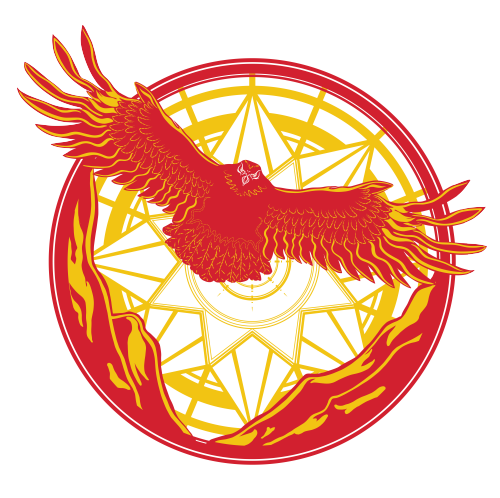Closes April 14th, 2024
“In a time of destruction, create something”
Maxine Hong Kingston
This year, our theme is “The Resilience of Imagination.” Imagination intrinsically ties into stories and the creative work that creates the world and characters contained within said stories. Imagination does not limit itself just to writers though – anyone who creates or interacts with art relates to imagination. What does imagination mean in a story? How do you use imagination? What does it encompass?
Resilience is a capacity to withstand, an endurance, and a term that can apply to imagination in a variety of ways. How do you see the resilience of imagination in the books, games, films, and other media you consume? Is it something the author places into the secondary world? Is it something that you, as a creator, consider?
“We all have futures. We all have pasts. We all have stories. And we all, every single one of us, no matter who we are and no matter what’s been taken from us or what poison we’ve internalized or how hard we’ve had to work to expel it—we all get to dream.”
N. K. Jemisin
We are accepting proposals for Papers, Panels, Workshops, and Creative Presentations about our theme of “The Resilience of Imagination” in the following areas:
- Imaginative Literature including film and other media (ex: Howl’s Moving Castle, Dune, The Broken Earth Trilogy, Naruto, The Left Hand of Darkness, Star Trek, Kindred, The Vorkosigan Saga, Lord of the Rings, Watership Down, etc.)
- Tolkien and Inklings Studies
- Classic Literature from ancient times to the present
- Philology, Historical Linguistics, ConLangs and invented worlds
- interrelated topics such as superheroes, philosophy, media, and fandom studies
If you are unsure whether your topic fits, send your proposal or a description of your idea to the listed submissions email below, and we will review it in advance.
(N.B. The “creative” category is not limited to original works of fiction but can include crafting, music, drama, dance, or other performative arts. If you have questions about what you can present, please contact us.)
Individual presentation/paper whether creative or critical, will have 30 minutes: 20 minutes for presentation and 10 for Q&A. Each presentation/paper will be presented in 90-minute sessions of 1 – 3 presenters.
Panels must contain at least 3 papers and/or presenters and will be allocated 90 minutes total, inclusive of presentations and Q&A.
Workshops will be either 30 min, 60 min, or 90 min; the proposal must include justification for the requested time. We recommend at least two leaders for each workshop. (Workshop examples: the knitting of a phoenix, an interactive discussion on the elements of haunted house novels that are also used when describing houses in the real world, etc.)!
Proposal Submission:
Submissions will be done via Google Forms this year. Please be prepared with the following information:
- Type of submission (paper, workshop, panel, presentation)
- Title
- 300-word abstract or description
- Name(s) of the presenter(s)
- A two-sentence biography for each presenter.
Submit using the button below. If you have issues with the submission form please contact [email protected]. You will receive an email copy of your submission.
No presentations will be given if you are not registered to attend, and your submission to Mythmoot XI is considered an agreement to both register, at the cost of the conference ticket, and attend (either digitally or in person) to present should your proposal be accepted.
For an in-person event, each room will have a projector for presenter use. If you are presenting virtually, ensure that you have access to a computer, video camera, and microphone.
Contact [email protected] with any questions.
